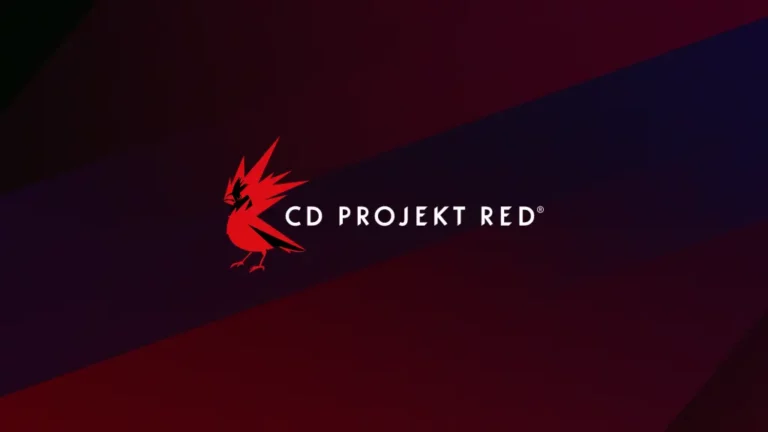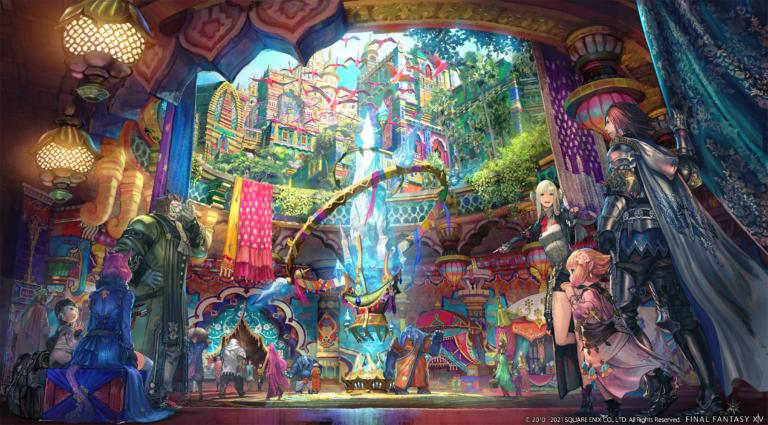It seems that G/O Media, owner of Kotaku, has made the transition to AI content. This in turn has alienated the editorial staff who have taken to social media along with their union. The use of AI generative text is currently extremely controversial, with Gaming Tier List parent owner Yurika Corporation banning its use on all properties. There’s a lot of reasons for that, which we’ll get into, but first let’s get the information from the source.
Relevant Tweet
As the unionized editorial staffers of G/O Media, organized with the Writers Guild of America East, we are appalled by this news. The hard work of journalists cannot be replaced by unreliable Al programs notorious for creating falsehoods and plagiarizing the work of real writers. Our newsrooms have spent decades building trust with audiences-introducing computer-generated garbage undermines our ability to do our jobs, erodes trust in us as journalists, damages our brands, and threatens our jobs.
This news comes after years of disinvestment in our newsrooms, increased demands on reporters and editors, and mass attrition of staff. Furthermore, it comes mere days after the company laid off more than a dozen of our colleagues, including union employees.
In a memo, management said, “These features aren’t replacing work currently being done by writers and editors.” But they have given us no reason over the years to believe this statement.
There’s only one mode at G/O Media: spend less and extract more, regardless of how it affects quality. We strongly urge G/O Media to cease its plans to litter our websites with Al-generated content and invest in real journalism done by real journalists. @gmgunion
What Is G/O Media Doing and What Does AI Mean?
We need to be really fair here for a moment and explain what the business, G/O Media, is saying instead of focusing on the hype. What they’re arguing is that they’ve begun using generative text to create articles that are reviewed and fact checked by an editor. The editor then approves the post to go live, assuming that it has been properly reviewed for grammar and facts. The output should only be released if an editor agrees the quality is satisfactory.
While they’ve not stated a reason, the best explanation seems that they’re wanting to create content across all segments to ensure that if you Google something in their subject matter expertise then you end up at one of their properties.
The generative text that most people are using is the OpenAI ChatGPT generative text tool. This tool is actually very powerful in a lot of scenarios, but generating content out of thin air isn’t a specialty. To oversimplify what it does, it takes and breaks down the content of the request into tokens and then matches those tokens to weighted tokens in its database. It then compiles that information and uses a “natural language processor” or NLP (think Siri or Alexa) to reconvey that to the requestor.
In this scenario, they would ask the generative text application to write say an article to something, clean it up and fact check it then publish it. Allowing their editors to produce considerably more content faster.
Why This is Bad
An LLM requires training and that training has a timestamp, meaning it can’t talk about anything past the time that it was trained. While these applications can provide additional context to themselves via Internet searching, that in itself has caused the massive uproar over at Reddit, Twitter and other sites who don’t want their content scraped.
Likewise, the content that the model is trained on might not be copyrightable and editors might be putting their seal of approval on what may in the future be declared plagiarized work.
The content isn’t theirs to publish to begin with. Not only that, the content is dated and old; if it searches the Internet then it’s basically stealing content from other users who may or may not be right. If the editor isn’t a true SME on the subject, then it might pass QA.
Dated, old content written dryly by an AI isn’t what readers want. We definitely don’t think anyone wants to read that. Content should by all accounts satisfy the user. When you come to an article, it should be worth the readers’ time to read it. AI generated content doesn’t have that context.
Where Does Generative Text Fit In?
Not in games journalism or journalism or anything topical. It’s not and will never be a solution to a writer who is on the scene of something writing about it. Even for game guides, a guide needs to be written on a new game. The LLM isn’t going to play the new game. How the heck would someone get a guide to a new game if the AI can’t play it and write about it?
If you’re a small sign business though working on your website and you want to include some information about how signs are made. You can use one of the site’s built in generative text tools to help write you some nice copy to spruce up your site. That’s actually quite helpful.
Likewise, in applications like Notion, when taking notes on something having a writing assistant take some unorganized notes and organize them for you is quite nice. Summarizing is really good for generative text, like understanding what’s in a PDF.
There’s a lot of places the technology will fit into as it matures and become an accelerator in the day to day lives of folks. It should not, however, be the starting point for a journalistic enterprise to produce their content.
Like many things, only time will tell how this will impact the games journalism arena. Gaming Tier List will not publish or produce any AI generated text content on our sites. We might use Midjourney for featured images, but only in abstract, not to recreate any work and only when there’s not an available press-kit or stock photo that would fit.






